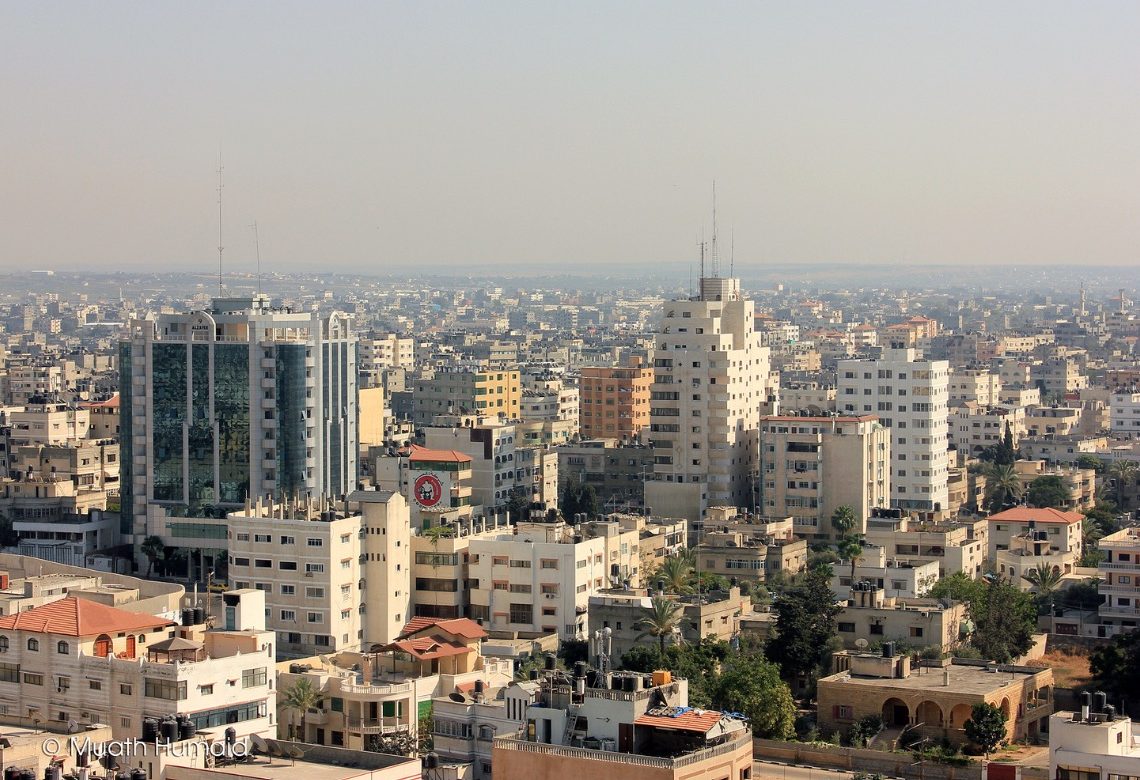This aid was set up and co-signed by the Palestinian Ministry of Planning and EU Neighbourhood Commissioner Oliver Varhelyi, and was accompanied by a letter of intent on a plan for reforms of Palestinian public finances and the economy. It was agreed that the aid would be paid over three months between July and September, and in three tranches, conditional on the good progress of the reforms.
This aid is intended to guarantee the stability and financial maintenance of the PA in a context of major political, social and budgetary crisis. Indeed, the public deficit reached 3.9% of GDP at the end of August 2024 (i.e. €610 million). Since 2020, the PA has been paying its civil servants’ salaries late (those of June were paid in August and at only 70%), and it is struggling to provide basic services to its population (water, electricity, waste treatment, etc.). Part of the replenishment is also intended to support the Palestinian medical sector and hospitals, which have suffered heavy budget cuts.
This particularly critical situation is largely linked to the levies made by the Israeli government on Palestinian customs revenues (“clearance revenues”), which represented, before the war, two thirds of public revenues. They are in fact collected by Israel on behalf of the Palestinians, since the Paris Protocol governing economic and trade relations between the two parties. They currently amount to €1.35 billion (in August 2024). However, this budgetary aid plan from the European Commission is accompanied by an economic and political conditionality deemed difficult to achieve and is based on a complex mechanism.
This aid consists of EUR 234 million in grants to the Palestinian government, notably through the PEGASE program, and EUR 176 million in loans from the European Investment Bank (EIB) to the Palestinian Monetary Authority. A “reform matrix” has been defined by the European Commission, which concerns the sectors of public finance management, governance and the rule of law, investment and business climate, and the provision of basic services. These requests come in a sensitive budgetary context for the Palestinian Authority. Beyond this aid, the European Commission is working in the longer term on a facility dedicated to Palestine on economic stabilization (Comprehensive Program for Palestinian Recovery and Resilience). This longer-term program will mobilize the participation of other international donors, potentially countries of the GCC (Cooperation Council for the Arab States of the Gulf).
Source: French Embassy in Israel








Réagissez à cet article